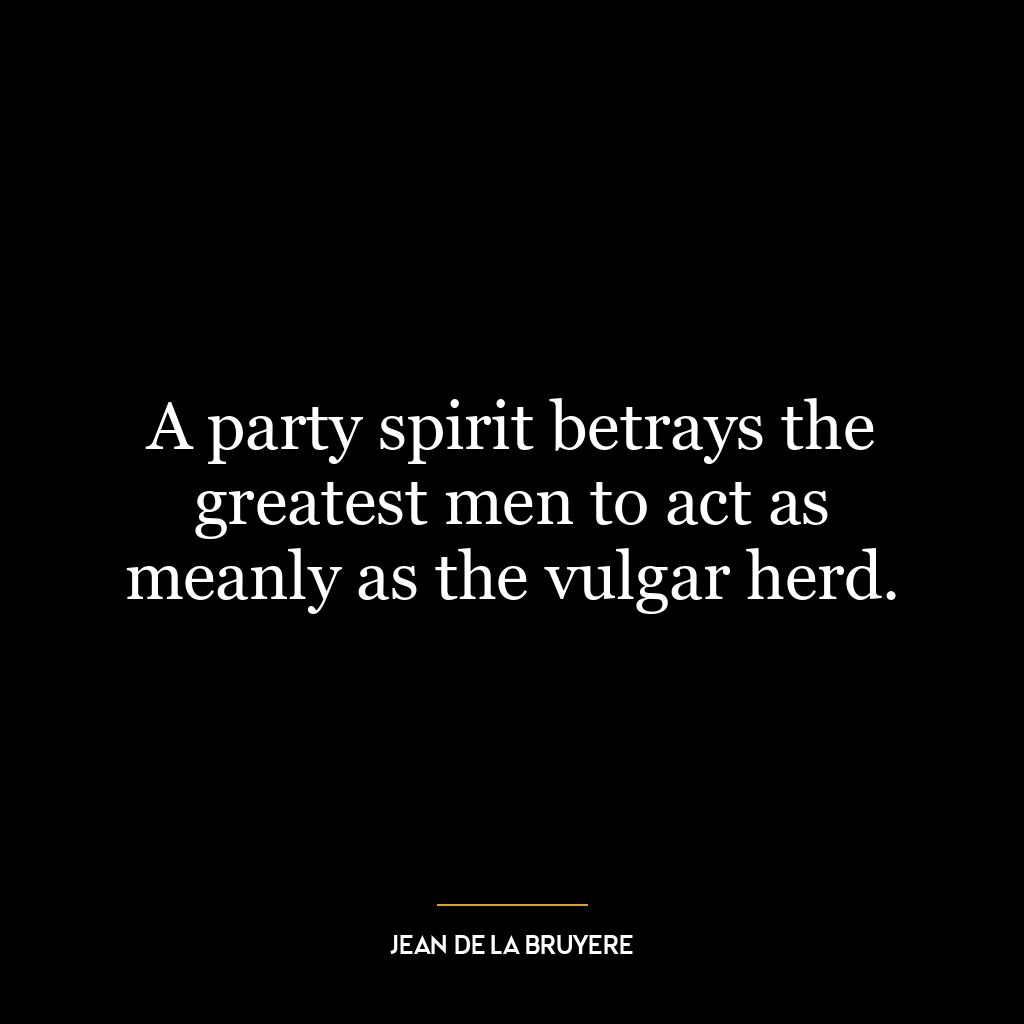A good man does not make a warrior, just as good steel does not go for nails.
This quote highlights two key ideas: the importance of proper utilization of resources and the distinction between intrinsic worth and function.
Firstly, the quote suggests that just because something or someone is good, it does not mean they are suitable for every role. A good man may not necessarily make a good warrior, just as high-quality steel, despite its strength and durability, may not be the best material for making nails. This is a reminder that everyone and everything has a unique purpose and strength, and that forcing a square peg into a round hole is not only inefficient but also a waste of potential.
Secondly, the quote emphasizes that the value of something should not be determined solely by its function. A good man’s worth is not diminished if he is not a warrior, just as the value of good steel is not lessened if it is not used for nails. This suggests that we should appreciate and respect the inherent worth of people and things, regardless of their roles or functions.
In today’s world, this idea can be applied in various ways. In the workplace, for example, it reminds us that not everyone is suited for every role. A great team member may not necessarily make a great team leader, and forcing them into a role they’re not suited for can lead to inefficiency and dissatisfaction. It encourages us to recognize and utilize the unique strengths and talents of each individual, rather than trying to force them into roles they’re not suited for.
In terms of personal development, it serves as a reminder that we should not judge our worth by our roles or achievements, but by our inherent qualities. It encourages us to focus on our strengths and passions, rather than trying to fit into a mold that doesn’t suit us. It also reminds us to appreciate and respect others for their intrinsic worth, rather than judging them based on their roles or accomplishments.









